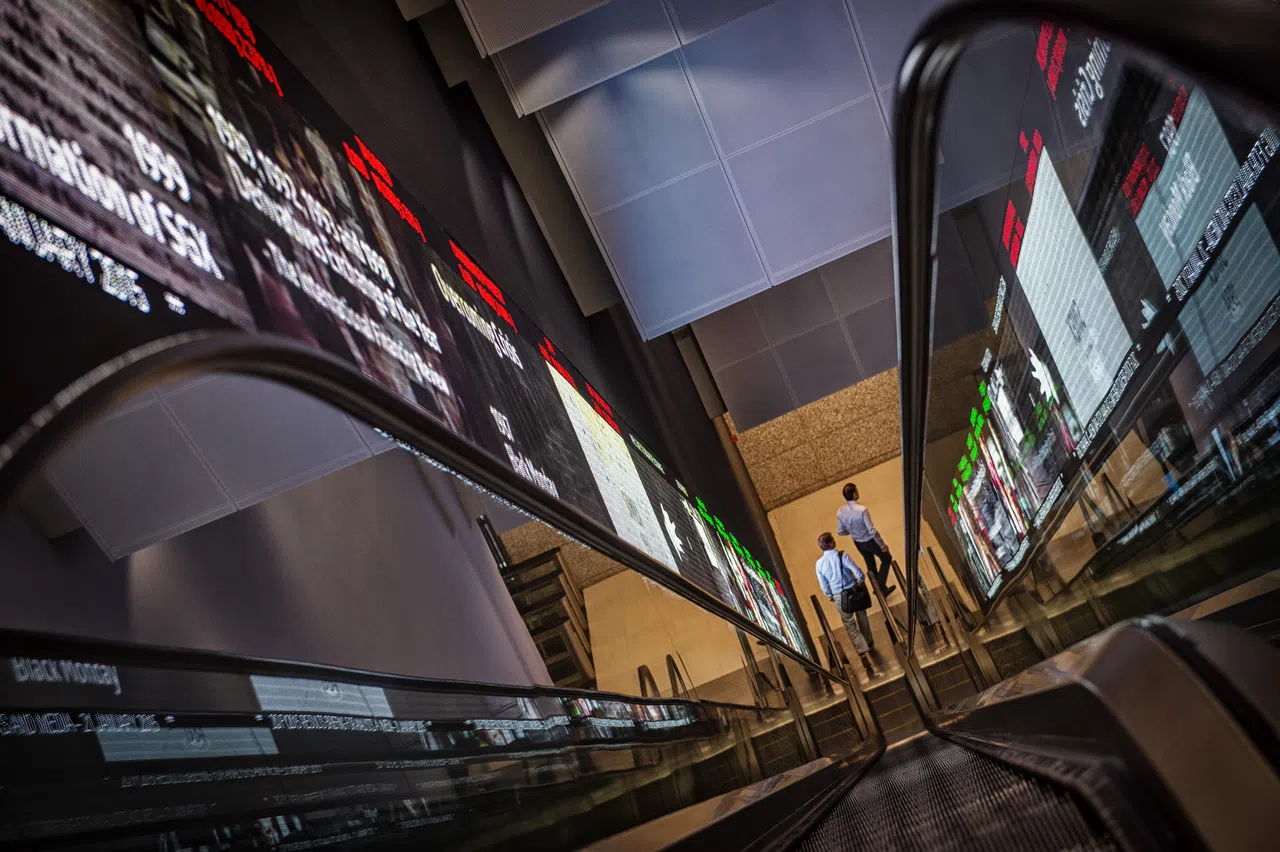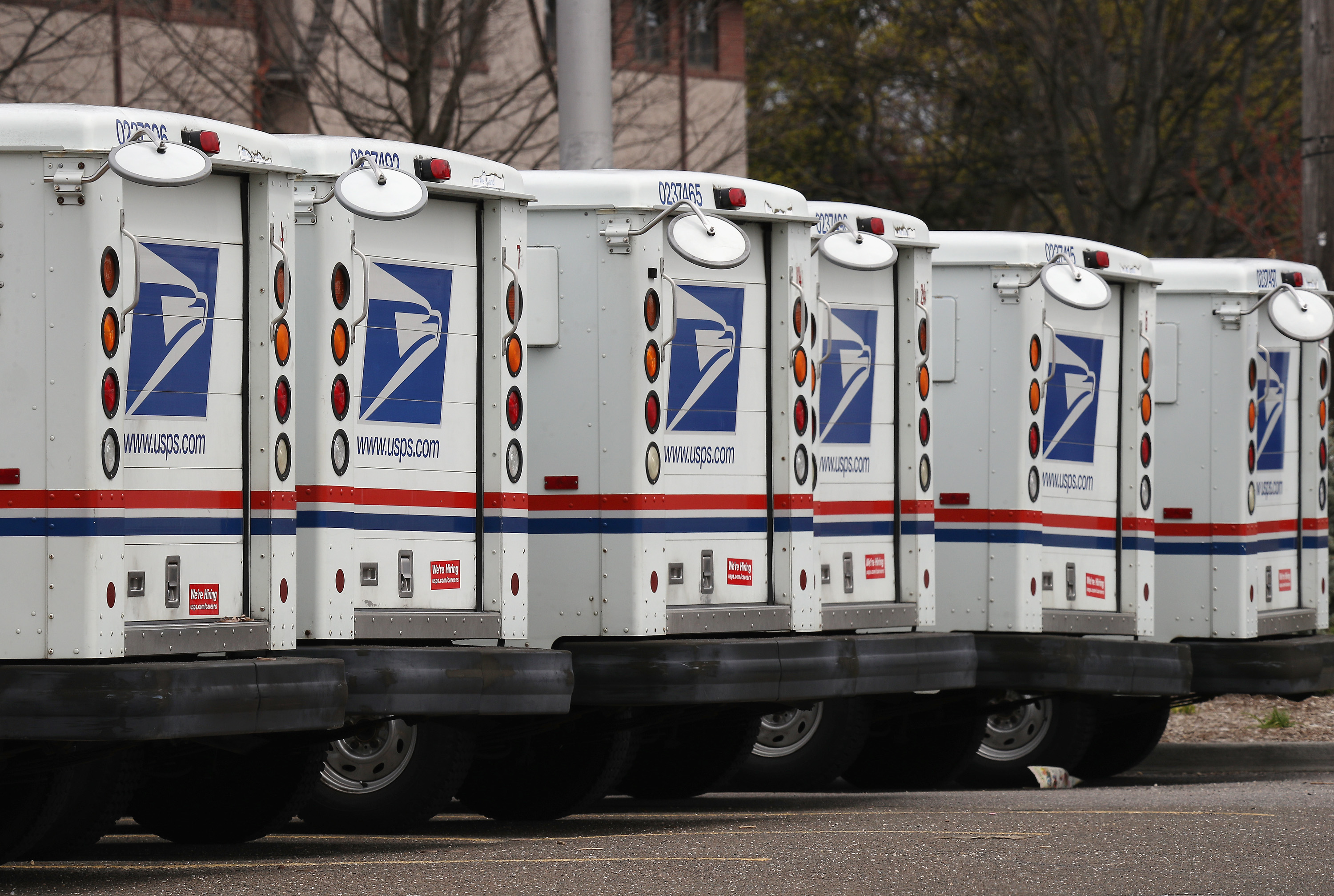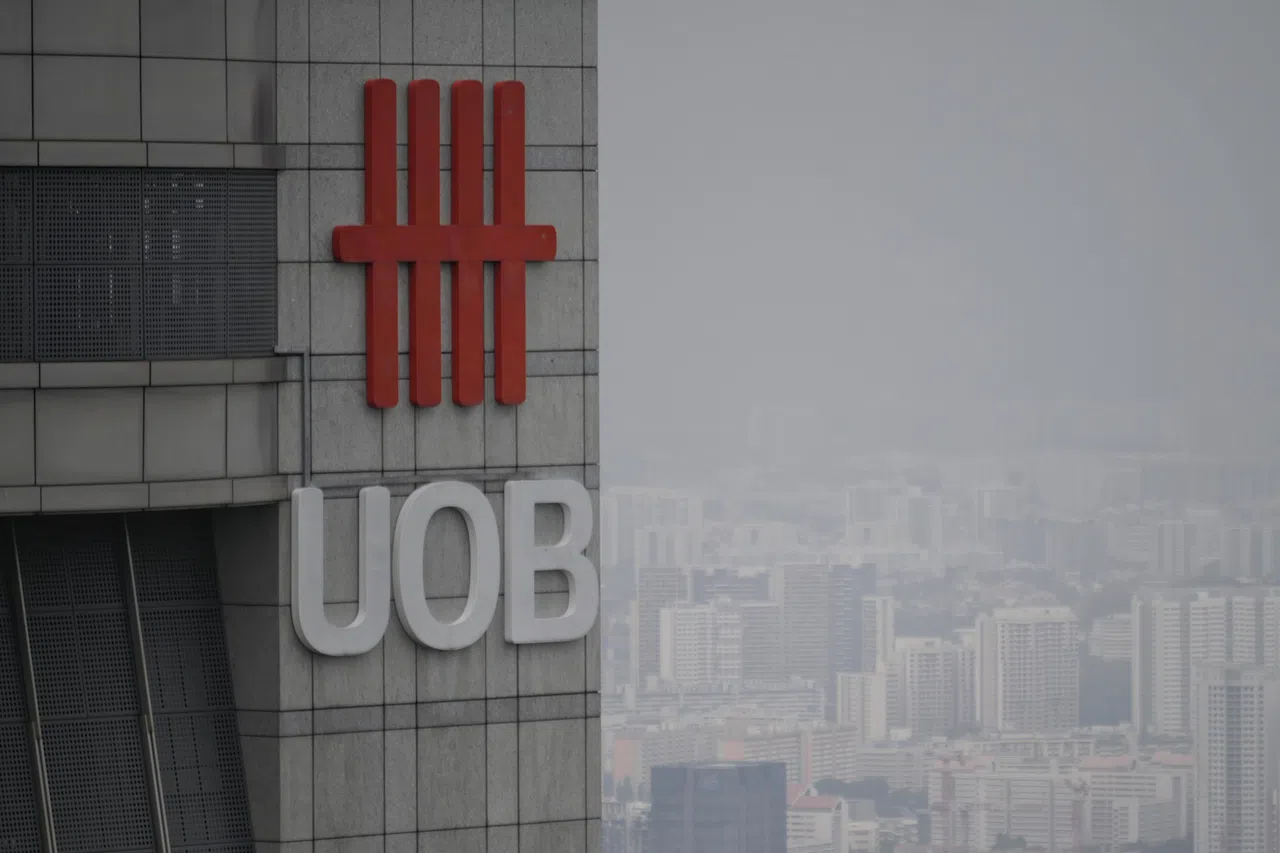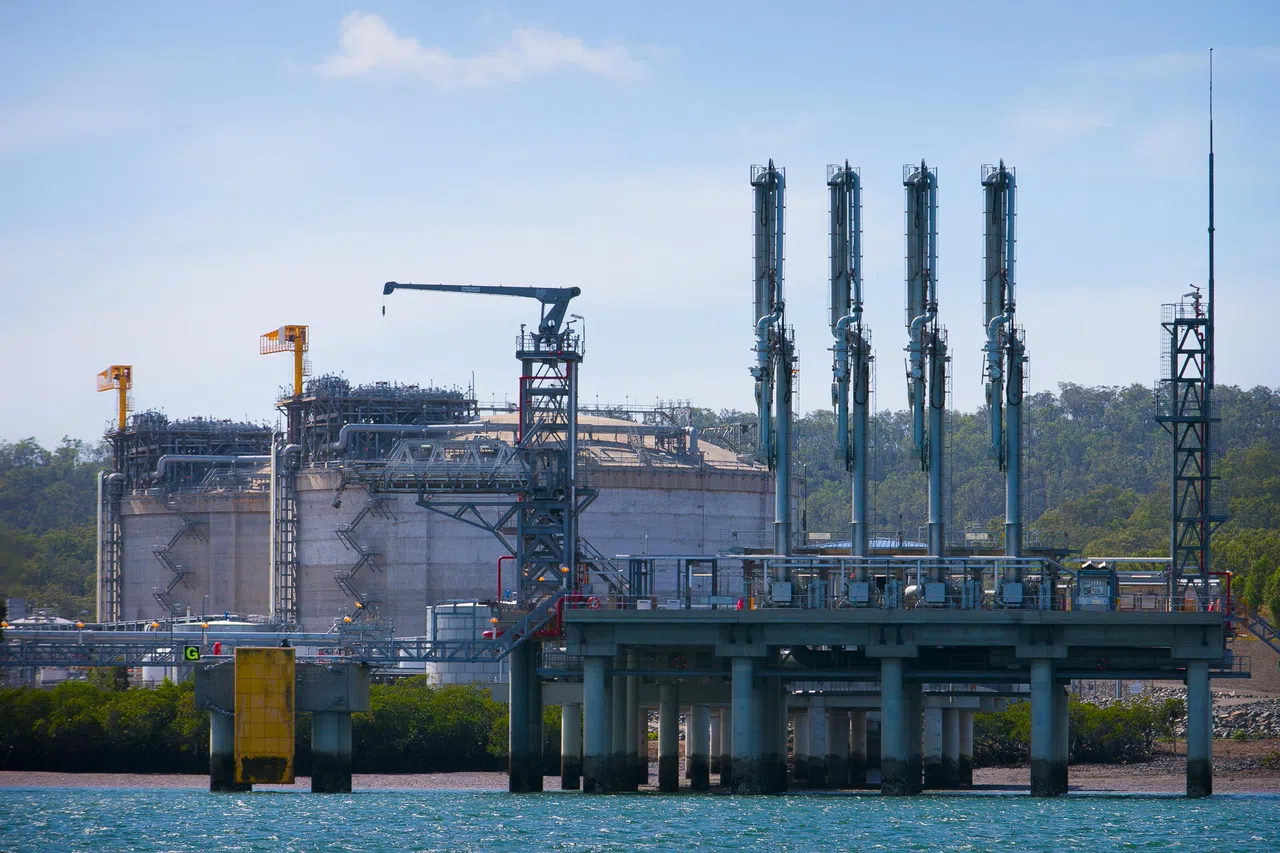LONG-TERM plans to spur growth, and tax rebates and incentives for certain companies – these were among the highlights of Singapore’s Budget 2025 statement delivered by Prime Minister and Finance Minister Lawrence Wong on Tuesday (Feb 18).
Ahead of the nation’s 60th birthday, Budget 2025 tackled immediate and long-term issues faced by Singapore. These ranged from affordability concerns and support for workers and families, to future steps the country must take as it forges ahead into a future marked by tech disruption, geopolitical uncertainty and climate threat.
With tax perks, vouchers and more funds earmarked for investments to nurture growth in critical sectors – such as semiconductors, biotech, and clean energy – analysts say some players in Singapore are positioned to emerge as winners from the schemes unveiled at Budget 2025.
Semiconductor-, R&D- and manufacturing-related companies
The shares of semiconductor-related companies such as AEM and Frencken could benefit from a greater focus on research and development (R&D), said DBS and Maybank.
This comes as the government intends to invest S$1 billion in research infrastructure and develop a new national semiconductor R&D fabrication facility.
ST Engineering could also gain from the increased emphasis on value-added manufacturing, said Maybank.
Grocers and Reits
Grocers such as Sheng Siong and DFI Retail Group could get a boost from the measures unveiled to help ease inflationary pressures and costs of living, said DBS, OCBC, Maybank and CGS International. These measures include SG60 and Community Development Council Vouchers for households and individuals, and a 60 per cent personal income tax rebate.
The gains from higher spending on essentials and groceries could spill over to real estate investment trusts (Reits) with suburban retail exposure, such as CapitaLand Integrated Commercial Trust and Frasers Centrepoint Trust, added DBS, OCBC, and Maybank.
Companies with clean energy businesses
The government’s commitment to clean power, with its S$5 billion top-up to the Future Energy Fund after an earlier tranche announced in Budget 2024, bodes well for Sembcorp Industries and Keppel, said DBS.
It could boost growth and investments for these utility and infrastructure players that have businesses in clean energy, the lender added.
CGS International noted that this could herald a long-term “positive outlook” for the companies. As they operate power generation businesses, they could be invited to submit bids for new investments or studies on new energy sources – including nuclear power, which the government intends to explore, it added.
Financial sector stocks
Local bourse operator Singapore Exchange (SGX) could gain from the tax incentives introduced to encourage listings here and revive the local equities market, said DBS.
The measures include a corporate income tax rebate for Singapore-based firms seeking an SGX listing, enhanced concessionary tax rates for new fund managers which want to list locally and scale up their activities via public fundraising, and tax exemptions for fund managers which invest substantially in Singapore-listed equities.
In particular, tax incentives for fund managers with substantial investments in Singapore-listed equities may bolster SGX’s position as a leading multi-asset exchange, DBS said. These tax incentives could draw more institutional capital, boost the bourse’s trading volumes, and raise demand for a wider range of financial products, it added.
The shares of local banks DBS, UOB and OCBC could benefit from a potential boost to credit demand driven by government fund top-ups for the Coastal and Flood Protection Fund and the Changi Airport Development Fund, said Maybank.
Aviation-related firms
Analysts are split on aviation-related stocks following the government’s guarantee to Changi Airport Group to lower borrowing costs for its development of Terminal 5 and its S$5 billion top-up to the Changi Airport Development Fund.
DBS thinks the top up will have “limited impact” on the shares of national carrier Singapore Airlines and ground handler Sats, stating that improved funding costs were not likely to translate into a “more measured pace of airport fee hikes given current conditions”.
OCBC believes Sats and SIA Engineering could benefit from Terminal 5 expanding the airport’s capacity, but cautioned that this will likely play out only in the long run as the new terminal is set to open in mid-2030.







